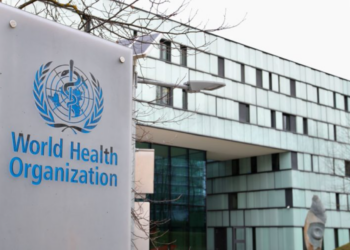Cholera outbreak has been reported in different parts of Nigeria affecting almost 100,000 people with over 3,000 related deaths this year.
The alarming number of infections and deaths have been attributed to substandard health care systems and poor hygienic practices observed by affected persons and communities. Despite the alarming rate of reported infections, over 900 primary health centres have been closed creating intense difficulty for infected persons to get adequate treatment, according to Punch.
Out of these primary health centres, 837 of them have been temporarily shut, of which 220 centres are in war-torn Borno state while 81 of these centres are permanently closed. Other states which have permanently or temporarily shut health centres include; Adamawa, Katsina, Kebbi, Kwara, Nasarawa, Taraba, Yobe, Kaduna, Ekiti, Niger, Ogun, Osun, and Oyo.
The continued closure of these primary health centres has greatly undermined the health system in Nigeria as the public is forced to suffer and endure inefficiencies in the health sector.
Also, considering how local governments are very underfunded, it is no surprise that these primary health centres are unable to stay open and have to bear the brunt of the government’s inadequacies and subsequently, residents of the Local Government.
In addition, the Universal health coverage in Nigeria has been reported to currently stand at 5% even though Nigeria, along with other countries, made commitments at the UN high-level universal health coverage meeting in 2019, to strengthen primary health care.
The World Health Organization has recommended that all countries should allocate an additional 1.0% of the GDP to primary health care from government and external funding sources, however, this has not been implemented in Nigeria despite the passing of the National Health Act.
The health organization says that when countries invest in building resilient health systems, based on strong primary health care, it serves as an investment that will yield a handsome dividend for a long period. Hence, the current state of Nigeria’s health sector is no surprise with such meagre investments in the health sector.













